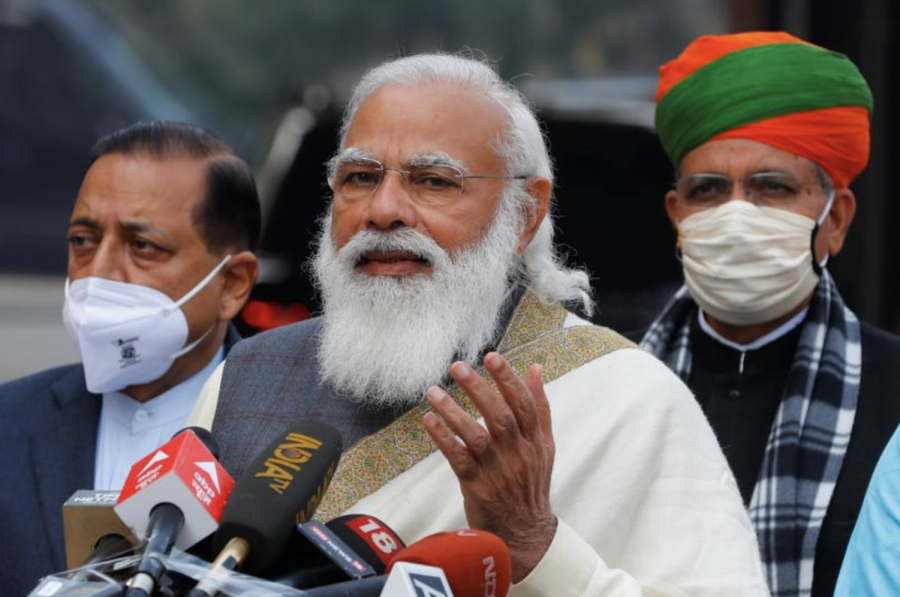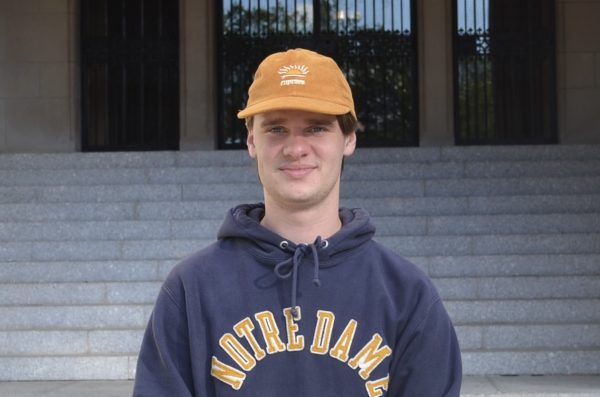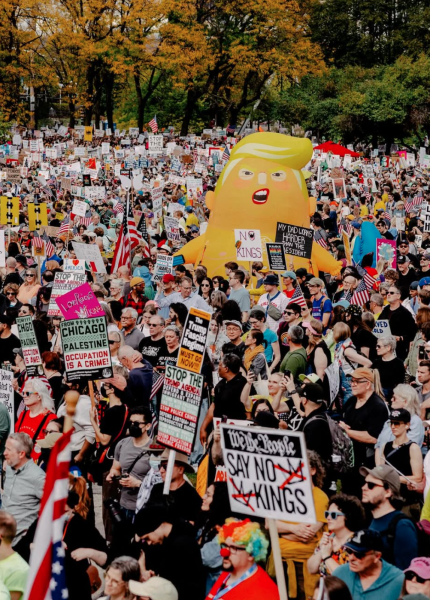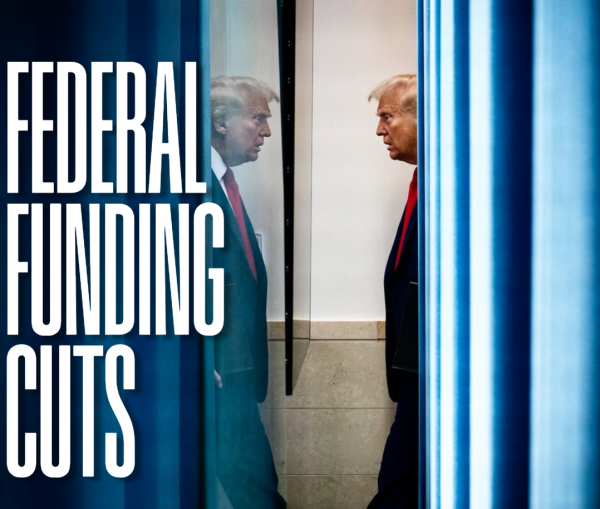Farmers in India are Being Denied a Basic Right
One of the most basic rights we take for granted is freedom of speech. In the United States, we have the right to speak up about government matters, criticize elected officials and spread awareness about ongoing injustices. However, the citizens of India have been censored from speaking out about recent farmer bills and protests. Laws in India prevent defamation and speaking out against Indian officials, hindering the freedom of speech Americans take for granted.
The ongoing two-month-long farmer protests in India concern farmers’ protecting their rights. Indian government officials have passed three bills that further the reach of sales, which would subject farmers to higher rates of competition in a free market. The problem: many of the farmers’ basic rights are no longer promised, and their minimum wage per sale is not guaranteed. How is one supposed to oppose a government with top-down management if they are unable to freely raise concerns?
The harsh truth is unless you’re willing to deal with jail time and an arduous legal process, you can’t.
The Indian government is doing everything in its power to stop the pro-farmer voices. For example, it has shut down internet connection at protests. Previously, officials have shut down electricity and water and prohibited journalists from entering the protest campgrounds. For the past two months, farmers have stood their ground by camping in the streets, unmoved by the government. Prime Minister Narendra Modi is at the head of the recent bills and has run the parliament’s House of the People since 2014. He has prohibited many individuals and newspapers from speaking up about the matter, calling these displays of citizenship “slanderous” and “anti-nationalist.” Modi has even approached various social media platforms, including Twitter, with legal requests to take down accounts. Upon further review, Twitter reinstated the disabled accounts, deeming them an expression of free speech.
India cited protests that didn’t fit their agenda as dangerous so as not to be protected under free speech. However, individuals whose accounts were taken down were not inciting any violence; they were merely disagreeing with the government. This is a gross misuse of the government’s power. They are trying to suppress any form of disagreement by claiming that people’s acts of public speech are against the law.
The protesting farmers are not getting nearly enough media coverage because of the government’s interference. As a result, the driving forces behind the protests are dwindling due to a lack of support from the media.
Rihanna, an American singer and business mogul, addressed the events in a tweet that supported the farmers, but she received backlash from Indian officials. The officials stated that individuals should not speak on matters outside their own government, where they do not know the laws and limitations. The Indian government, which censors any defamatory statements, tries to take down any “misleading” information. This “misleading” information includes opinions they disagree with and statements that negatively portray their legislation. People who freely speak about the protests must be careful to avoid backlash from Indian government officials.
The government is trying to increase its economic output with its free market agricultural system, but they are going about it in the wrong way. The struggling agricultural community needs assurance that it will receive promised minimum rates for transactions beyond its normal buyers. By suppressing the farmers’ voices and limiting coverage of the situation, the government looks conniving and untrustworthy.
The Indian government says that they are willing to negotiate and take time to pass just laws, but farmers are beginning to see through their thinly-veiled disguise. With Modi in power, there is no negotiation. His top-down process means that what he says goes. Farmers’ voices are being censored, and farmers do not have the ability to spread coverage of the situation as much as other individuals can.
Elizabeth Hoffman, GSB ‘23, is an information systems major from Basking Ridge, N.J.








































































































































































































